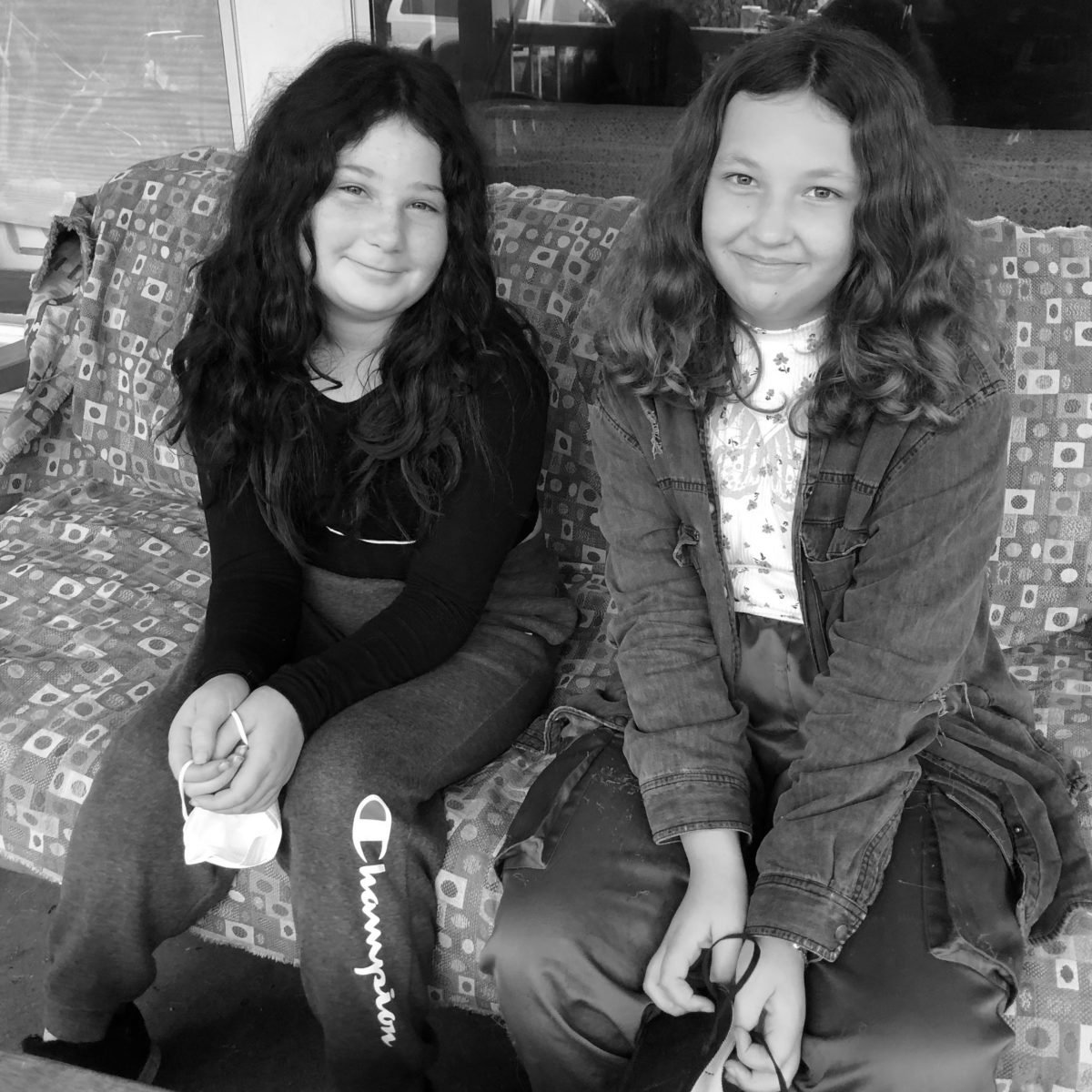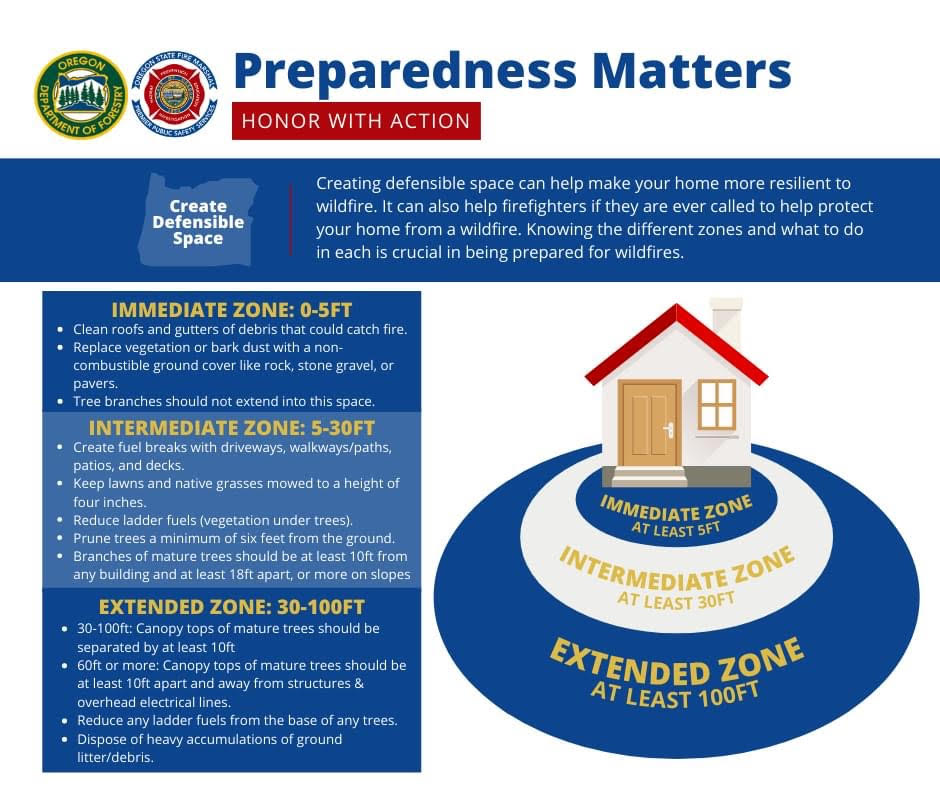Q&A with Sophie Wice-Budner and Oona Fife
Sophie Wice-Budner (left) and Oona Fife (right) are fifth graders at Sunnyside Elementary School who have known each other since kindergarten; they’ve both lived in Sunnyside since they were babies. The past two years have been full of unexpected challenges for them: learning to navigate Zoom, Seesaw and other online platforms; months of not seeing their friends in real life; and having to wear masks everywhere they go. But like many kids across this country, they’ve shown patience and resilience. (And also a little frustration.)
What’s the biggest difference between school in-person and school on Zoom?
Sophie: [School in person] is way less frustrating.
Oona: Much, much less frustrating.
Sophie: On Zoom, it’s really hard to learn, because if you don’t have perfect internet, it’s glitchy. Even if it’s like only a little bit glitchy, it will just all of a sudden be really glitchy.
Oona: I think it was Seesaw that we were using. It did not work that well.
Sophie: I did not like Seesaw at all.
Oona: It’s much easier how we’re learning now—from a teacher telling us what to do instead of reading off something.
Did you have a lot of empathy for your teachers?
Oona: It looked very hard; they looked stressed out.
Do you think you learned what you were supposed to learn in fourth grade?
Sophie: No.
Oona: No.
What do you think you missed?
Oona: A lot of stuff!
Sophie: We’re having to review math, like long division. We didn’t use the math packet because we weren’t in person.
Oona: We were supposed to use this specific math packet and algorithm, but we didn’t get to do it. But I would say we still learned enough because my teacher was just really good, in my opinion.
Neither of you had used Zoom before the pandemic. How did you know to mute yourself and how to raise your hand?
Sophie: We didn’t know anything at all about electronics. We just had to figure it out and try our best. There were some people that didn’t learn.
Oona: Some people had their mics on when they’re, like, yelling to their mom about something.
Sophie: It was really distracting.
Did you ever have the experience where you’re on Zoom and everyone’s trying to learn and someone’s little brother or sister would come on?
Sophie: Oh yeah, totally.
Oona: Rainer’s little brother, in our class, kept doing that.
What would they do?
Sophie: They would just run in and, like, scream half the time.
Oona: This kid in my class last year—his little brother would come in all the time while he was sitting on the couch in his living room. And he would just start dancing and going up the screen and just like, yeah, just with his face pressed to the camera. It was really funny.
So maybe you’re behind on long division and some other things. But is there anything you think you did learn last year because of the pandemic—not academically, but just about life?
Oona: I learned how to keep in contact with my friends really good, but I think a little too much because it was distracting probably because we use, um, Google chat, which is on our Chromebooks that the school provided for everyone.
Sophie: I could only stay in contact with a few friends. So I learned—we learned—how to plan on our own, instead of having to get our parents to plan stuff and, like, go on bike rides and just hang out a lot.
What is challenging to learn when everyone’s masked?
Sophie: Our teacher is not a very loud person at all, so she has a microphone-thing that gets squeaky and annoying, but it helps a lot. And it’s just hard for everyone to hear each other and understand each other. And [the mask] hurts my ears with the straps—it’s really uncomfortable.
Oona: I’ve gotten very used to wearing masks. So I think it’s kind of just like wearing my clothes or something. I wear this one all the time because it’s safer for me to wear it at school since I’m not totally vaccinated yet. I just got my first shot a couple of days ago.
How did it go? Did you have any reactions?
Oona and Sophie (together): No.
You had to see everyone else get vaccinated first.
Oona: My brother and my parents are all vaccinated and my mom had a booster, so they’re all kind of good. It’s kind of annoying to see that my brother can have like sleepovers with his friends. He’s in seventh grade.
Sophie: I feel more free, Covid-wise, now that I’ve gotten my vaccine, like going into stores and stuff.
At school, is it masked all the time, even during recess?
Sophie: Oh yeah.
Oona: We can take our masks off to eat but only like this [barely, quickly pulled down and then back up] if we’re eating inside. There’s an option to eat inside if it’s really rainy outside. Some kids can’t eat inside because the parents don’t want them to. My parents let me eat inside.
Sophie: At first my parents weren’t okay with me eating inside. And it’s really hard. They don’t have anything set up for people that have to eat outside. They didn’t even have sit-upons, so you’re not sitting on the wet ground.
Oona: Now we have sit-upons.
Sophie: Everyone had to stand up while they were eating and hold their umbrella in one hand. And not everyone had an umbrella.
Oona: Me and Sophie, actually, we have really huge umbrellas and one time we were sitting together and we’re like, how about we just sit on our umbrellas? So we just sat on our really huge umbrellas and ate our lunch together?
It sounds like you both are very resourceful. Have you ever had a moment in all this where you just feel like you can’t do it anymore, where you’re at your pandemic limit?
Oona and Sophie: YES!
What would you say to yourselves just as the pandemic was starting? Or what would you suggest to other kids in some far off land who have never gone through a pandemic before, where they are where you were two years ago? What would you say to them?
Oona: I would tell them, literally: Don’t be too hopeful. And keep in contact with your friends.
Sophie: I would tell them to try and be optimistic but just like, don’t assume something’s going to be great because then you’ll be disappointed if it doesn’t happen. Like, nowadays, a lot of things get cancelled.
Oona: Don’t feel too hopeful.
Sophie: I mean you can be a little hopeful.
Oona: You can be optimistic, but don’t really expect it, because you’re going to be disappointed if it doesn’t happen. So just don’t over-hope, I guess.


